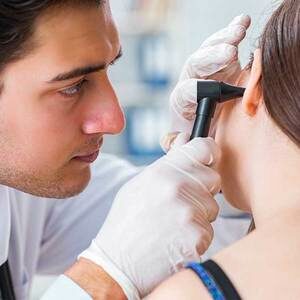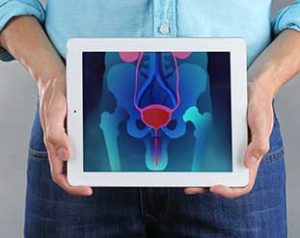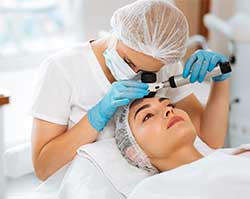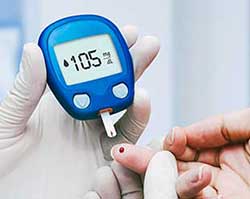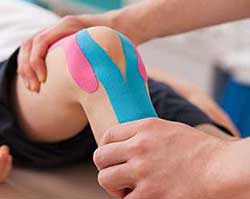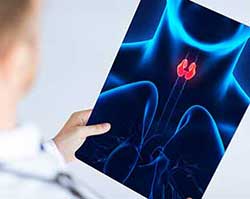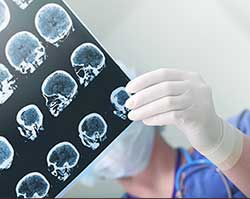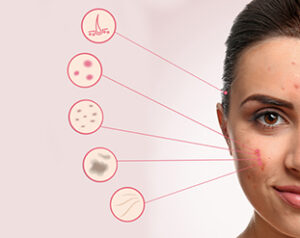Consult City's Top Doctors, The Minute You Need To
First Consultation starting
@ ₹249 ₹499
2907
Dermatologists
1075439
Cases done
by Dermatologists
1784
Hospitals
Localized Scleroderma: All You Need to Know
About
A condition causing inflammation and thickening of the skin from excessive collagen deposition.
Up to 3 in every 100,000 people are diagnosed with localized scleroderma every year.[1]
- Self-diagnosable
- Can be treated by a medical professional
- May not require lab testing or imaging
Collagen is a protein that is often found in our skin. Excess formation of this protein can cause the skin to get hardened and stiffen up. It may not be caused by one specific reason or agent and is not infectious, thus cannot spread to other parts of the body or to other people. Apart from skin hardening, there can be other changes in the skin, depending on the severity of the condition. It can also be triggered by infections, skin trauma, radiation, or exposure to other environmental factors.
Ages affected: All ages
Symptoms
Self-diagnosable:
Symptoms include hardening or thickening of skin patches, which are usually painless.
People may experience:
Coloration: Yellow or white patches with a purple halo at times
Affected areas: Skin and areas around certain joints
Also common: Skin lesions, thickened streaks of skin, and joint pain in rare cases
Treatment
Self-care: Regular visits to the doctor are a must, especially for children. Immediate care and treatment should be provided, as it can also lead to further diseases.
Medication: Immunosuppressants may be prescribed by the doctor to suppress the immune system. For mild diseases, topical medications like creams and ointments often are used to control the inflammation and to soften the skin.
Specialists: For medical help, consult a dermatologist or a pediatrician. At mfine, we provide holistic treatment programs that are best suited as per your health requirements.
Other Specialities
Give a missed call to 08061914343 to Download the App





